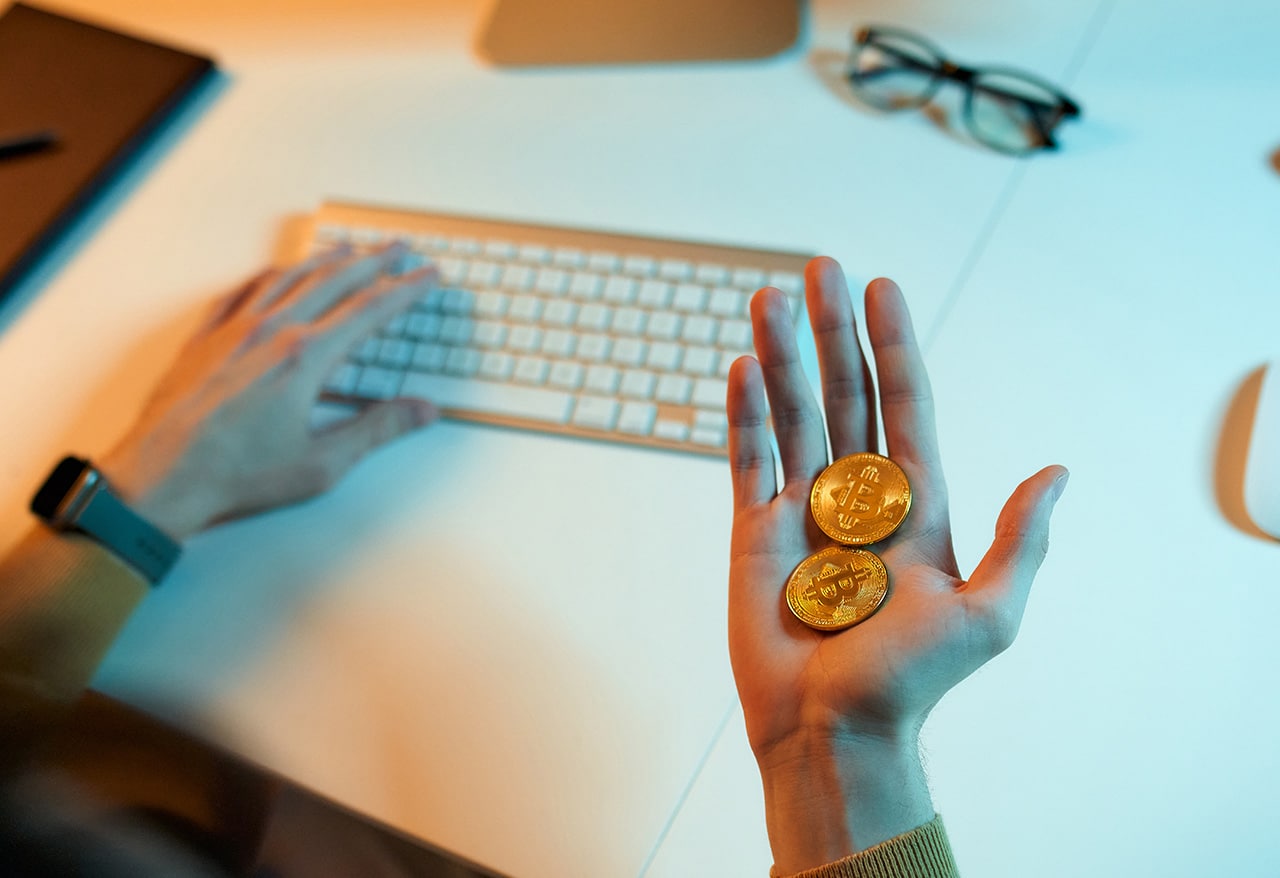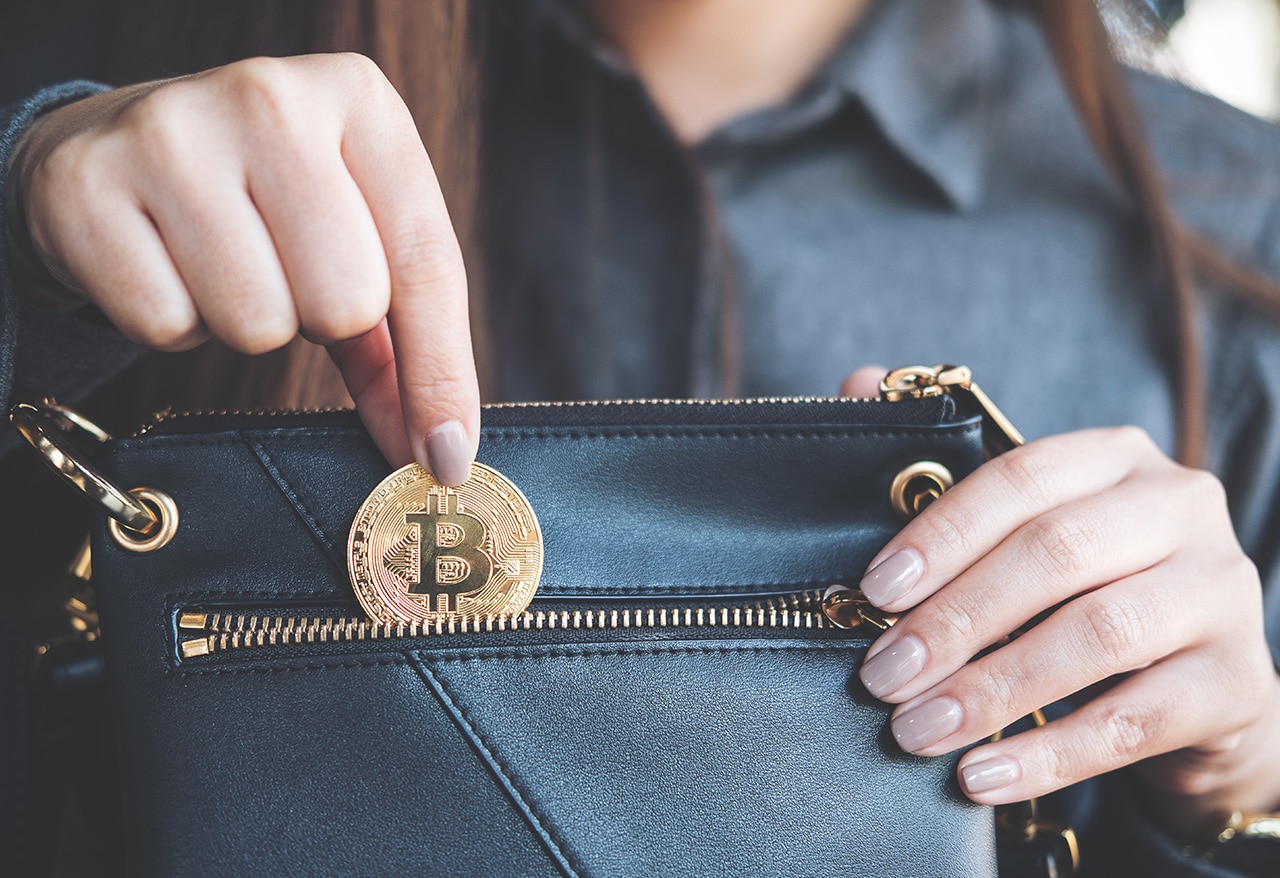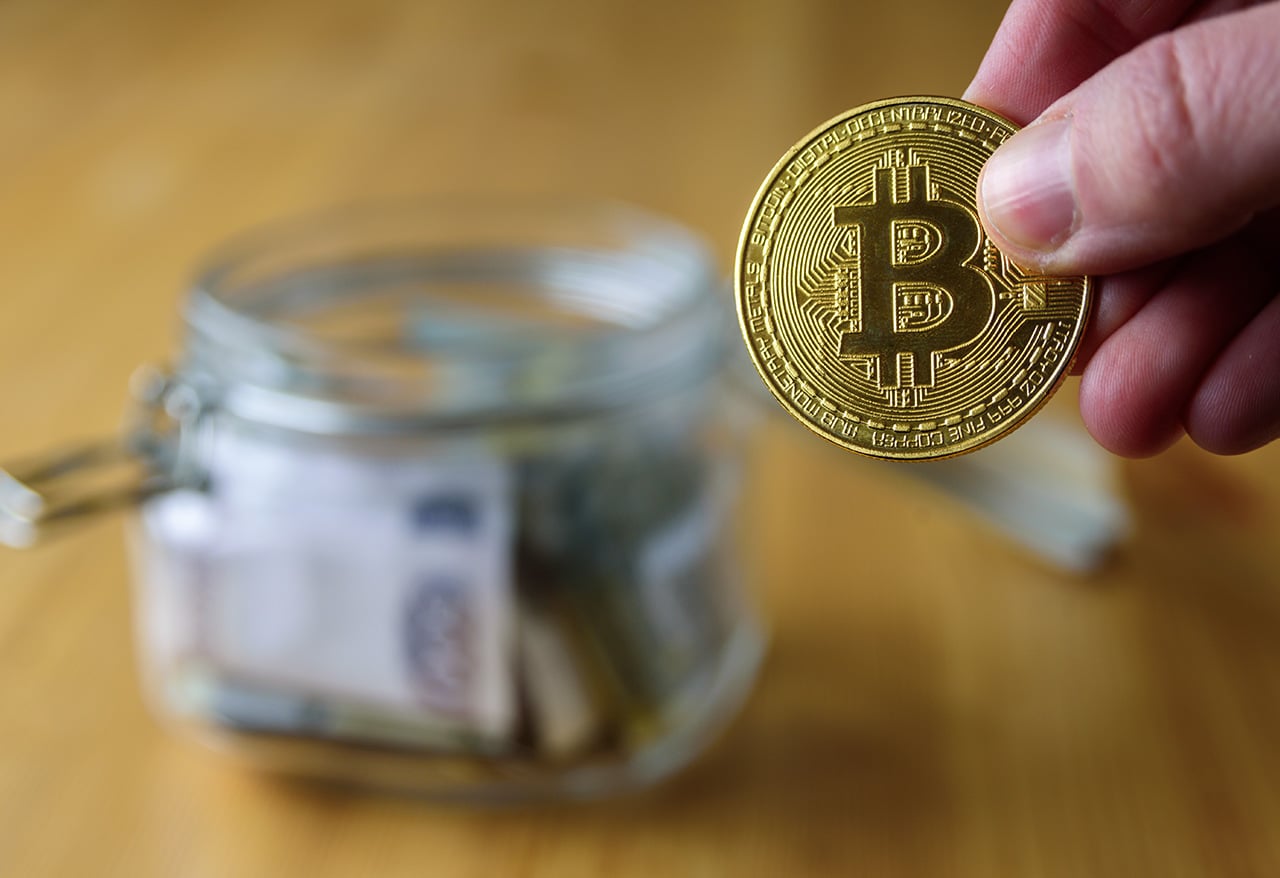
What is crypto-custody?
The first cryptocurrency in history, bitcoin, was designed to free us from the middlemen and the money that comes from Central Banks. They are at the forefront of an economic system governed by a cycle of crises in which the people pay the price. This freedom, that cryptocurrencies give us, comes with great responsibility, which can be summed up in the concept of crypto-custody.
As well as being the only and true owners of our money, in crypto, we play the same role in terms of custody. This ecosystem can be dangerous. This is partly because we have no one to complain to when things don’t go our way. Here, we are exclusively responsible for our money.
Of course, there are intermediate solutions in which we share this responsibility or even hand it over completely to a third party. While these are valid and available options, the point of owning a cryptocurrency is lost with them. Now, let’s take a closer look at crypto-custody.
Crypto-custody, full control over our cryptos
Crypto-custody is the process by which a user decides to protect and store our cryptocurrencies. Obviously, as good defenders of the crypto ecosystem, we believe that the best way to do this is through self-custody.
Self-custody can be defined as the full possession of the private keys needed to access and dispose of our cryptocurrencies. By having control of our private keys, we become exclusively responsible for protecting our digital assets. Here, the guiding principle of bitcoin is put into practice:
- We eliminate dependence on third parties
However, self-custody is not child’s play, as it carries its own risks. By not relying on a third party to protect our crypto, we are uniquely responsible for the security of our private keys. If we lose them, there is no one to turn to in order to recover our crypto. Therefore, safety measures are always a good idea.
Anyway, now is not the time to worry. We will see ways in which to carry out crypto-custody in a simple and safe way. It is necessary to clarify that protecting our private keys isn’t the only thing we should pay attention to.
For example, it’s advisable to use strong passwords and change them regularly. In addition, it is important to back up your private keys in case of loss or theft and always keep them away from the internet.
Before we understand how to securely store our cryptos, let’s take a look at the dangers involved in ceding custody.
Third-party crypto-custody and its dangers
Third-party crypto-custody refers to the process by which we rely on an external entity to protect and store our cryptocurrencies. These entities may include:
- Banks
- Exchanges
- Specialized custodian services
While it may be convenient to not have to worry about protecting our own private keys, there are a variety of dangers associated with third-party crypto-custody.
Involved risks in ceding crypto-custody
One of the greatest dangers is the possibility that the entity to which we entrust our cryptocurrencies may go bankrupt or be hacked. If any of these situations occur in practice, we can begin to farewell our cryptocurrencies. Moreover, it doesn’t end there. Let’s imagine that the entity is hacked. Our personal and financial data may also be exposed.
Continuing with the list of dangers of third-party crypto-custody, we find the possibility that the entity to which we entrust our assets will be regulated or arbitrarily shut down. Should such an event occur, our crypto-assets are again at great risk. On the other hand, it’s likely that the regulated entity will have to provide additional personal and financial information to comply with the latest regulations.
All in all, we can already see that handing over crypto-custody to a third party involves risks that don’t exist when we opt for self-custody. By relying on a third party, we also rely on its security. Although a third-party crypto-custodian is likely to have strong security measures, there is always a risk that its security measures won’t be sufficient.
One thing we haven’t yet mentioned is that all these risks don’t come for free. Naturally, those who offer such services will charge us a fee in exchange for the security they provide.
Well, now we know the risks that the convenience of getting rid of self-custody entails. It’s now time to learn about the methods for efficient custody of our crypto.

Cryptocurrency self-custody is the path to financial freedom
Crypto-custody, tips and recommendations to protect our assets
We have already learned that crypto-custody is essential when it comes to protecting our cryptocurrencies and ensuring that they are safe. There are several factors to consider when choosing a crypto-custody strategy, including security, convenience and, of course, cost.
One of the most secure ways to protect our private keys is by using a “cold wallet”. This is a physical device, which stores our private keys. As it’s never connected to the Internet, a cold wallet is less vulnerable to cyber attacks. However, it is necessary to make conscious and careful use of these types of wallets in order to avoid losing the security they provide.
As mentioned above, protecting our private keys doesn’t end security measures. In addition, it’s important to take additional measures to protect our cryptos. Many users, in order to have secure passwords, opt for a password manager.
There are those who don’t trust this type of service, based on recent events that have proved them right. For them, the market still doesn’t provide a better solution than a piece of paper and pencil to store your passwords in a safe place. By storing our passwords on a device connected to the internet, dangers increase.
Last but not least is how we use our devices. Responsibility and caution are always the norms. Careful use of the internet, without downloading programmes from original platforms or opening files of questionable sources, can save a lot of headaches.
The time has come to talk about a necessary balance. Let’s move on to it.
Crypto self-custody, how to balance security and ease of use?
I understand that by now there are no doubts, but we will reaffirm once again, having full control of our cryptocurrencies is the most secure method of crypto-custody. However, it can often be inconvenient, unless adequate measures are taken to protect both the private keys and to ensure simple access to our cryptocurrencies.
We have seen that when it comes to security, there is no such thing as a “cold wallet”. Nevertheless, using a cold wallet can be inconvenient if we’re not used to handling physical devices or if we need to access our cryptos frequently. That is why it is important to find a balance between security and convenience when choosing a cold wallet. For example, we can choose a cold wallet that is easy to use, has an intuitive interface and is simple to carry.
Clearly, using a hot wallet on a daily basis can be very convenient. These types of wallets are those that we find as browser extensions or applications for both desktops and smartphones. The danger of these solutions is undoubtedly the constant internet connection to which they are constantly exposed.
A good measure could be to only hold in these kinds of wallets, which are practical for interacting with the DeFi ecosystem, the funds that we destined to these platforms. While those important amounts that we don’t want to expose to risk can remain in our cold wallets.
The line between convenience and security can be a fine one. There is no doubt about it, if we have to sacrifice one of these concepts, convenience will be the one we must choose. Never forget that in crypto, as in life, security comes first.

Every right we acquire, implies a responsibility on our part, financial freedom implies the duty to guard our funds.
Final considerations
The idea has been expressed throughout the article. Crypto-custody is one of the fundamental principles of the crypto world. We need to understand even before we dive into it for the first time.
Analysing the various options available requires consideration of cost, difficulty and timing. It is important, when taking on the responsibility of crypto-custody, to bear in mind that we are exclusively responsible for it. If we make mistakes, they will cost us heavily.
The road we must travel in the crypto world will bring us face-to-face with a wide variety of situations. Moving forward without fear, but with caution and care in our movements, it will be a one-way journey.
